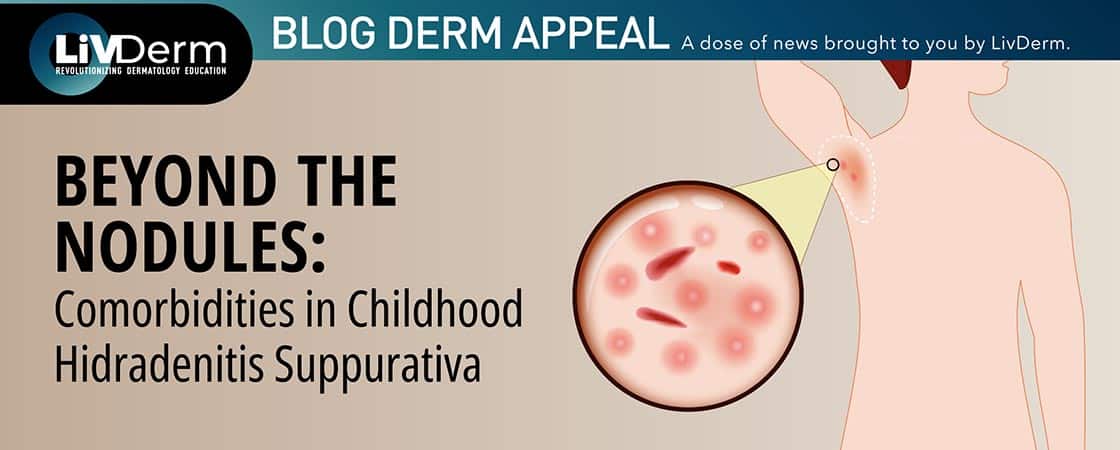The novel coronavirus (COVID-19) outbreak carries significant implications for populations across the globe, healthcare systems, as well as the practice of medicine itself. Its effects can be detected across specialties and within the domain of aesthetic medicine, with an increasing number of providers switching to telemedicine and postponing procedures to reduce the risk of COVID-19 exposure. While knowledge of the virus’ pathophysiology continues to emerge leading guidelines to frequently change, many members of the dermatologic community may be left wondering what this means for them or their practice – particularly, regarding patient care.
To help clarify what current literature suggests for the management of patients with eczema, the National Eczema Association (NEA) compiled a list of expert answers to frequently asked questions about the impact of COVID-19 on the skin condition.
COVID-19 and Eczema Questions
A team of experts comprised of Timothy Berger, MD, a practicing dermatologist at the University of California, San Francisco; Peter Lio, MD, an assistant professor of clinical dermatology at Northwestern University and founding director of the Chicago Integrative Eczema Center; Amy Paller, MD, chair of the dermatology department at Northwestern University; and JiaDe Yu, MD, a pediatric dermatologist at Massachusetts General Hospital weighed in to provide the most up-to-date guidance on the management of eczema patients at this time.
Recommendations for Keeping Hands Clean
Thorough hand-washing is one of the primary preventative measures to employ during the COVID-19 outbreak, however, the associated dryness and irritation can exacerbate eczema symptoms. For this reason, experts recommend using warm instead of hot water, patting hands dry after washing, and generously applying moisturizer after every wash. In addition, they suggest soaps specifically formulated for sensitive skin and moisturizing after each wash with an NEA-approved product. If eczema does occur or is exacerbated, dermatologists recommend the regular use of anti-inflammatory topicals.
Recommendations for Facial Eczema
As part of the current Centers for Disease Control and Prevention guidelines, people are advised to avoid touching the face as a way of mitigating potential infection. Although, for patients with facial eczema this may be challenging as symptoms can be irritating and itchy. Experts recommend employing tactile distraction techniques to shift attention away from habitual face touching – for example, playing handheld games, crafting, or cooking a meal. Another technique is the use of competing responses, which aim to replace the unwanted behavior with a different physical action, such as clenching the fists or touching another body part when the urge to touch the face is noticed. Competing sensory experiences – a cold shower, an ice pack – may also be an efficacious distraction method. If touching the face cannot be avoided, experts recommend thoroughly washing the hands first and using a clean cloth as a barrier.
Recommendations for Face Masks
Emerging CDC guidance recommends wearing face masks in public as a protective measure against COVID-19, however, this can cause further skin irritation in patients with eczema. To avoid flare-ups, patients are advised to cleanse with a gentle face wash, dry the skin completely, and apply a non-comedogenic face lotion to the face as a barrier before putting a face mask on. As allergic reactions to mask material may occur, experts recommend attaching a soft fabric layer between the mask and skin to prevent unnecessary contact.
Potential Risk Factors
Cracks and Lesions
Eczema may result in cracks and lesions in the skin, prompting the question of whether this symptom can increase an individual’s risk for COVID-19 infection. While there is not enough evidence at this time, experts believe that damaged skin is unlikely to increase risk as the virus seems to spread via contact transmission.
Immunosuppression
While current data indicates that immunocompromised individuals have a greater risk for serious illness from COVID-19, experts believe eczema patients – regardless of disease severity – are not at an increased risk. As of now, there is insufficient data to determine if biologic treatment modifies the risk of COVID-19 infection. However, those currently taking immunosuppressive medications may need to take additional precautions, consider staying home, and limiting interpersonal contact. Prospective patients and candidates for biologic treatment should consider postponing the introduction of biologic medications at this time.
As rapidly emerging evidence can cause guidelines to change momentarily, it is essential for healthcare professionals to stay current on the latest developments in patient care during the COVID-19 outbreak. To provide clinicians with the most reliable and up-to-date resources for managing patients with eczema, the NEA plans to update their recommendations as new information becomes available.

















